Environmental and social issues in astronomy and research in general
le 22 septembre 2023, 10h45 à 12h45, Angèle Mouinié, salle Jules Verne, OMP, site Belin Resumé:
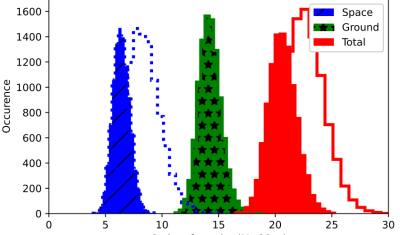
le 22 septembre 2023, 10h45 à 12h45, Angèle Mouinié, salle Jules Verne, OMP, site Belin Resumé:
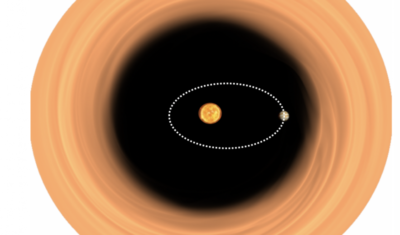
le 15 septembre 2023, 10h45 à 12h45, Florian Debras, salle Jules Verne, OMP, site Belin Resumé: With more than 5000 exoplanets discovered, we have access to numerous statistics which represent the condition of formation and evolution of planetary systems. One of such statistics is the eccentricity distribution of warm Jupiters: planets around the mass of Jupiter, […]
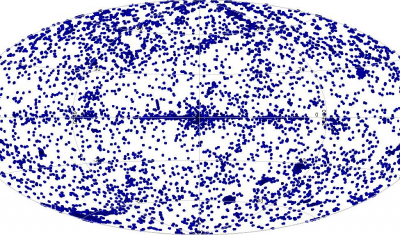
le 8 septembre 2023, 08h30 à 10h15, Natalie Webb, salle Jules Verne, OMP, site Belin Resumé: Thanks to large surveys such as Gaia, the Sloan Digital Sky Survey (SDSS), GALEX, 2MASS, NVSS, FIRST, XMM-Newton and Chandra, we have catalogued many different stars and galaxies. We have also found some very exotic objects, especially when we observe […]
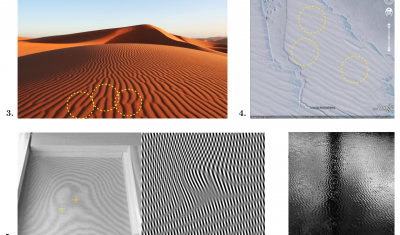
le 1 septembre 2023, 11h à 13h, Arturo Lopez, salle Jules Verne, OMP, site Belin Resumé: The phase of a wave can only be defined unambiguously for complex waves. This strange quantity appears at the core of all physics: from the quantification of atomic levels or of the electric charge to the source of the electromagnetic […]
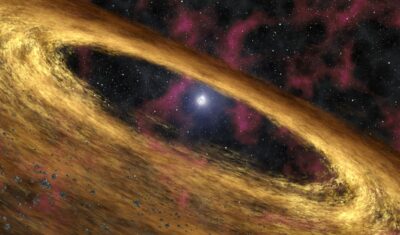
le 28 octobre 2022, 11h à 13h, Sylvie Vauclair, salle Jules Verne, OMP, site Belin The formation and evolution of planetary systems are important subjects. But what about their ultimate fate, when their host stars evolve as red giants, lose their gaseous envelopes as planetary nebulae, and end their lives as white dwarf stars? Recent […]
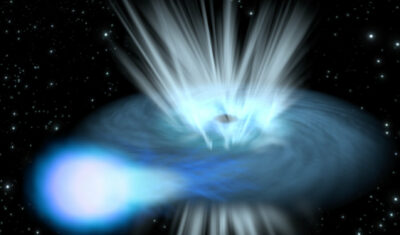
le 9 décembre 2022, 11h à 13h, Roberta Amato, salle Jules Verne, OMP, site Belin Ultraluminous X-ray sources (ULXs) are amongst the brightest extra-galactic objects in the X-ray sky. They are characterized by luminosities well above the Eddington limit, the maximum possible luminosity reached when the radiation pressure and the gravitational force are in equilibrium. […]

le 16 décembre 2022, 11h à 13h, Florian Debras, salle Jules Verne, OMP, site Belin With more than 5000 exoplanets discovered, we have access to numerous statistics which represent the condition of formation and evolution of planetary systems. One of such statistics is the eccentricity distribution of warm Jupiters: planets around the mass of Jupiter, […]

le 2 décembre 2022, 11h à 13h, Guillaume Loizelet, salle Jules Verne, OMP, site Belin In this session, I will review the results obtained by historians of astronomy over the last fifty years, which have led to a complete rethinking of the idea of a scientific revolution developed in the mid-twentieth century.I will first look […]

le 25 novembre 2022, 11h à 13h, Guillaume Loizelet, salle Jules Verne, OMP, site Belin Using the available databases, it was possible for ancient « astronomers » to propose models to account for observable celestial movements. The climax of these attempts is undoubtedly the great mathematical synthesis (known as the Almagest) written in Greek by the Alexandrian […]